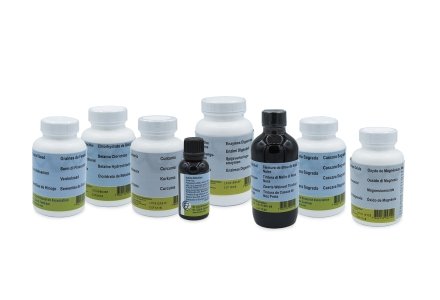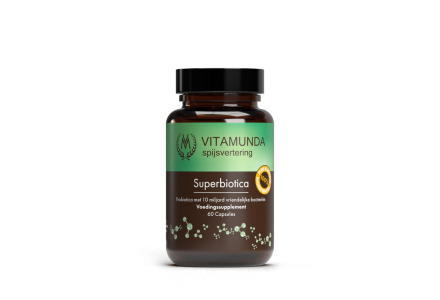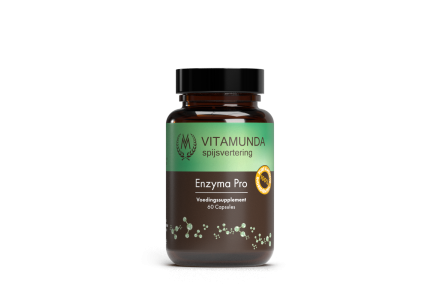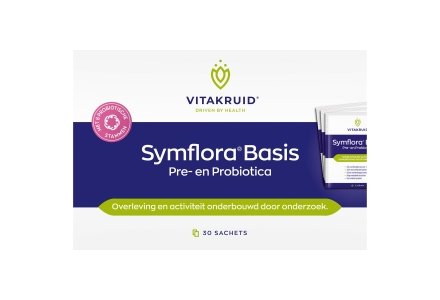
The health of our gut is crucial for our overall well-being. In recent years, there has been growing interest in the role of probiotics in promoting a healthy gut flora. In this blog post, we explore the impact of probiotics on gut health and how they can contribute to better health. Read on to discover why probiotics might be essential for your well-being.
What Are Probiotics?
Probiotics are live microorganisms that, when consumed in adequate amounts, provide health benefits to the host. They are often found in fermented foods such as yogurt, kefir, sauerkraut, and in supplement form. The most common types of probiotics belong to the Lactobacillus and Bifidobacterium genera.
How Do Probiotics Work?
Probiotics work by restoring the natural balance of gut flora, also known as the microbiome. Our gut microbiome consists of trillions of bacteria, some beneficial and others potentially harmful. Stress, an unhealthy diet, antibiotics, and other factors can disrupt this balance, leading to digestive issues, inflammation, and a weakened immune function.
Benefits of Probiotics for Gut Health
Improved Digestion: Probiotics help break down food and absorb nutrients, leading to improved digestion and reduced digestive issues such as bloating, gas, and constipation.
Enhanced Immune Function: A large portion of our immune system is located in the gut. Probiotics can help strengthen the immune response by stimulating the production of antibodies and enhancing the activity of immune cells.
Reduced Inflammation: Chronic inflammation in the gut can contribute to various health problems, including irritable bowel syndrome (IBS) and inflammatory bowel diseases (IBD). Probiotics may have anti-inflammatory properties that help manage these conditions.
Prevention and Treatment of Diarrhea: Probiotics have been shown to be effective in preventing and treating various forms of diarrhea, including traveler’s diarrhea and antibiotic-associated diarrhea.
Mental Health: The gut-brain axis is a two-way communication system between the gut and the brain. Research suggests that probiotics may play a role in improving mood and reducing symptoms of anxiety and depression.
How to Choose the Right Probiotics
Choosing the right probiotics can be overwhelming given the many options available. Here are some tips to help you make an informed choice:
Type and Strain: Different probiotic strains have different effects. For specific health issues, certain strains may be more effective. For example, Lactobacillus rhamnosus GG is well-documented for treating diarrhea.
CFUs (Colony Forming Units): This indicates the number of live microorganisms in the supplement. For general health, a daily intake of 1 billion to 10 billion CFUs is usually sufficient.
Quality and Stability: Choose probiotics from reputable brands that guarantee the stability and survival of the bacteria until the expiration date.
Personal Health Needs: Consider your specific health needs and consult a healthcare professional to determine the best probiotics for your situation.
Conclusion
Probiotics can be a valuable addition to your diet and significantly impact your gut health and overall well-being. By choosing the right probiotics and taking them consistently, you can improve your gut flora balance, strengthen your immune system, and experience various health benefits. Consider incorporating probiotics into your daily routine and enjoy the many advantages they offer.
Do you have questions or want to learn more about probiotics and their benefits? Contact Meditech Europe via info@meditecheurope.nl for professional advice and high-quality probiotic products that match your health goals.
Stay healthy, stay happy!









